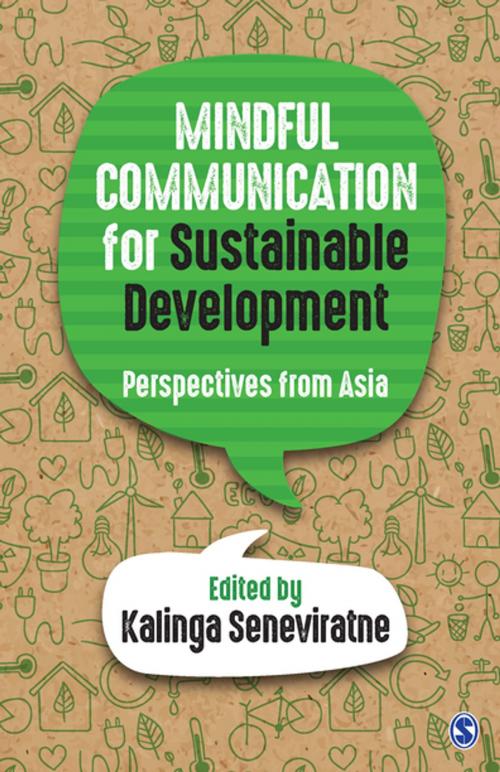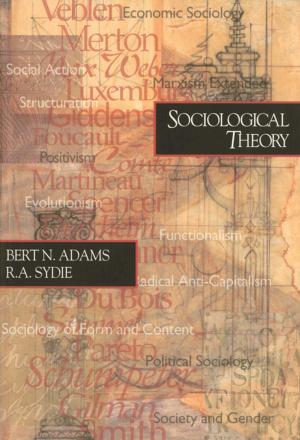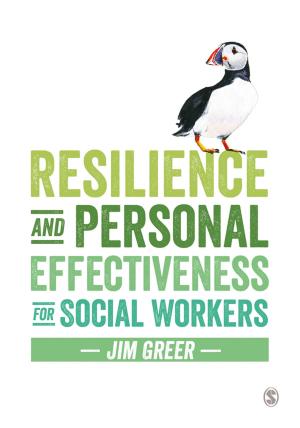Mindful Communication for Sustainable Development
Perspectives from Asia
Nonfiction, Reference & Language, Language Arts, Communication, Reference| Author: | ISBN: | 9789352805532 | |
| Publisher: | SAGE Publications | Publication: | February 19, 2018 |
| Imprint: | Sage Publications Pvt. Ltd | Language: | English |
| Author: | |
| ISBN: | 9789352805532 |
| Publisher: | SAGE Publications |
| Publication: | February 19, 2018 |
| Imprint: | Sage Publications Pvt. Ltd |
| Language: | English |
Written by Asian scholars, Mindful Communication for Sustainable Development: Perspectives from Asia analyzes Asian philosophical ideas and communication theories that promote respect for cultural diversity, protection of environment, and ‘sufficiency economic’ models. It discusses how ancient Asian teachings, particularly from the Buddhist, Hindu, and Confucius schools of thought, can enrich modern-day communication needs and help to achieve the Sustainable Development Goals espoused by the United Nations.
As a mindful communication revolution spreads across the world, especially in the West, this book draws attention to the danger of practicing mindfulness without its spiritual and ethical leanings. The book puts forward innovative ideas on applying traditional practices to modern digital communication. It rethinks development communication methods and how the media reports on economic, environmental, and developmental issues. It promotes a new paradigm of communication, one that is centered on both social harmony and freedom of expression. It is an essential read for development communicators and trainers.
Written by Asian scholars, Mindful Communication for Sustainable Development: Perspectives from Asia analyzes Asian philosophical ideas and communication theories that promote respect for cultural diversity, protection of environment, and ‘sufficiency economic’ models. It discusses how ancient Asian teachings, particularly from the Buddhist, Hindu, and Confucius schools of thought, can enrich modern-day communication needs and help to achieve the Sustainable Development Goals espoused by the United Nations.
As a mindful communication revolution spreads across the world, especially in the West, this book draws attention to the danger of practicing mindfulness without its spiritual and ethical leanings. The book puts forward innovative ideas on applying traditional practices to modern digital communication. It rethinks development communication methods and how the media reports on economic, environmental, and developmental issues. It promotes a new paradigm of communication, one that is centered on both social harmony and freedom of expression. It is an essential read for development communicators and trainers.















